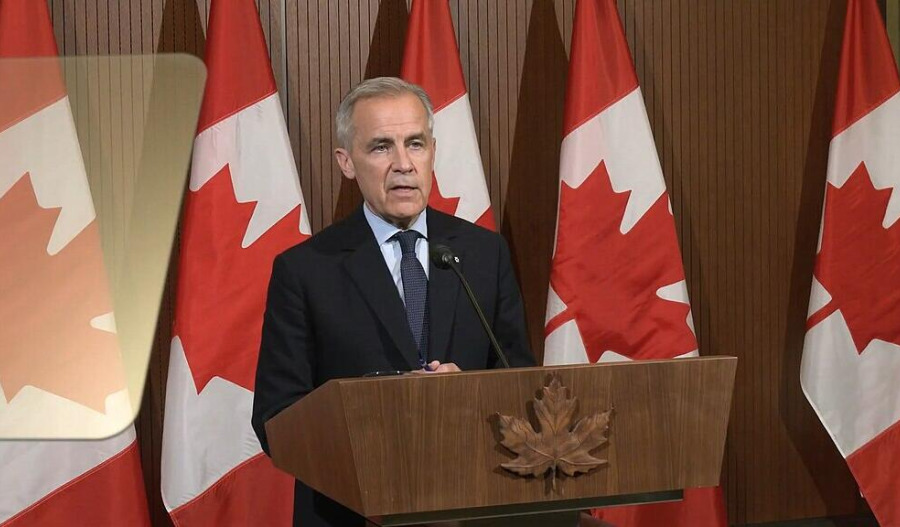The Trump administration has quietly expanded its 50% steel and aluminium tariffs to include over 400 additional product categories on Monday, vastly increasing the scope of duties that economists warn could strain supply chains and raise consumer prices.
The new tariffs cover 407 product categories, including fire extinguishers, machinery, construction materials and specialty chemicals that contain steel or aluminium.
"Auto parts, chemicals, plastics, furniture components - basically, if it's shiny, metallic, or remotely related to steel or aluminium, it's probably on the list," Kuehne + Nagel International Customs VP Brian Baldwin wrote on LinkedIn.
The White House has characterised the expansion as preventing circumvention of existing duties, while supporting domestic steel and aluminium industries against foreign competition.
Economic impact widens
Jason Miller, a supply chain professor at Michigan State University, estimates the steel and aluminium tariffs combined now affect at least US$320 billion worth of imports based on 2024 data - a substantial increase from his prior estimate of roughly $190 billion.
Tax Foundation analysis shows Trump's imposed tariffs will increase federal revenues by $172.1 billion in 2025, representing the largest tax increase since 1993.
The measures amount to an average tax increase of nearly $1,300 per household annually.
Bloomberg Economics predicts the tariffs will shrink GDP by 0.15% and boost United States consumer prices by 0.1% over the next three years.
The real economic effects will take some time to measure though, as Commerce officials listed new product categories only by customs codes rather than product names, making it difficult for businesses to assess the full impact.
"Today's action expands the reach of the steel and aluminium tariffs and shuts down avenues for circumvention," U.S. Commerce Department's Jeffrey Kessler said in a statement.
Federal courts have ruled that tariffs invoked under the International Emergency Economic Powers Act are illegal, though the tariffs remain in effect while cases are appealed.
Challenges do not apply to tariffs issued under Section 232.
The expansion comes as Trump signed an executive order on July 30 suspending the ‘de minimis’ exemption for shipments under $800, which comes into effect on August 29.



